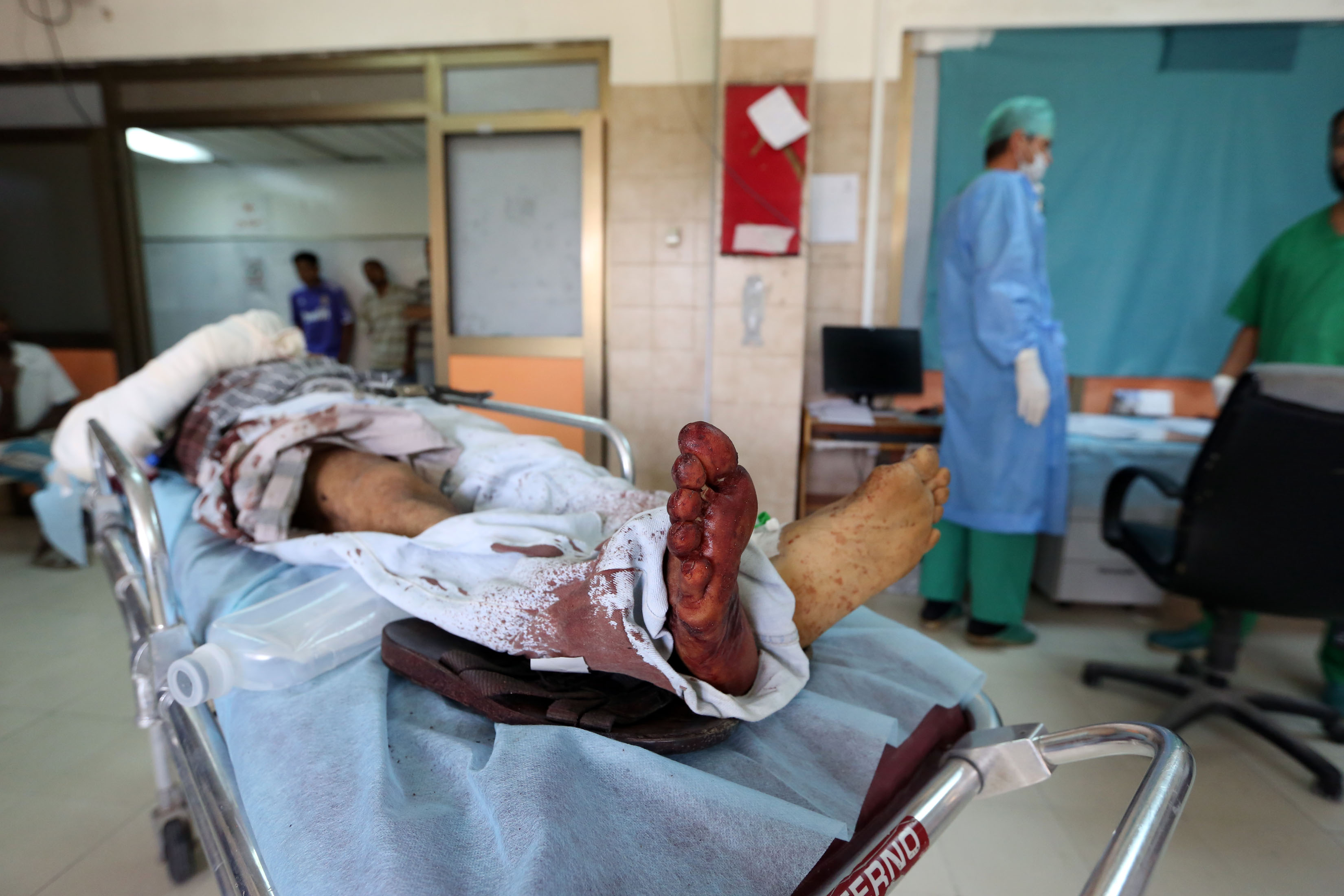The National Council for Human Rights (NCHR) conducted a visit to Abu Za’abal prison on Monday to inspect prisoners’ conditions.
The visit comes in response to a series of complaints regarding the increase in prisoners’ poor treatment in Liman II of Abu Za’abal, claiming systematic torture practices.
Abdel Ghaffar Shokr, NCHR deputy chairman told Daily News Egypt: “We have received several complaints of torture allegations inside the Abu Za’abal prison, all from political prisoners.”
The visit’s results will be sent on for review at the prisons directory of the Ministry of Interior on Tuesday. A statement will be issued by the council announcing full details on the visit, according to Shokr.
Article 1A of the Prisons Law states that the Prosecutor General is the only person allowed to inspect prisons. NCHR members need to issue an approval before going to prisons, a fact that the NCHR believes would affect the visit results.
“Every time we issue permission before our visit to any prison we realise that they have already settled everything,” Shokr said. “We are not working on an amendment in the council’s law where we can visit the prisons by only notifying the ministry.”
The Abu Za’abal Prison has the largest number of death inside Egyptian prisons between January and July 2014, according to the Forensic Medicine Authority. It was reported that 37 defendants were killed inside the police van on their way to the prison in August 2013.
Photojournalist Ahmed Gamal Ziada is detained at the prison, and has been sending out messages via his visitors giving details of police brutality against prisoners.
In a Saturday letter from jail, that followed one he gave his mother in her last visit a day earlier, Ziada wrote about a student named Ali Kaoud, whom he reported was severely beaten.
“Today, Kaoud was transferred from prison to an unknown location. This is probably due to the marks on his body. Detainee Mostafa Abou Donia has also been transported, after he suffered epilepsy due to the assaults,” Ziada wrote, suggesting prison authorities were covering up for their practices before the visit.
Ziada said that police stripped Abou Donia off his clothes, forced him to choose a “feminine” name and call himself a “slut”.
Moreover, Ziada said a group of young prisoners were forced last Wednesday to sign a document, without being allowed to read the content. “I was informed by my cellmates that they saw my name on that paper. God knows what they wrote about me,” Ziada said.
He further criticised the fact that medical reports concerning prisoners are issued by the “assailants”, referring to prison authorities.
“Human rights defenders’ visit comes two weeks after the reports, which gives them almost no chance to see beating signs on detainees,” Ziada said.
Nevertheless, torture allegations have been spreading across other detention facilities and large prisons in Egypt such as Wadi Al-Natroun prison.
Ibrahim Halawa, an Irish teenager who has been held in custody since August 2013, screamed to his family visiting him on Saturday saying, “save me they are killing me here,” his sister wrote.
“If I stay for one more hour I will die, I am being subjected to worst means of torture,” he added.
